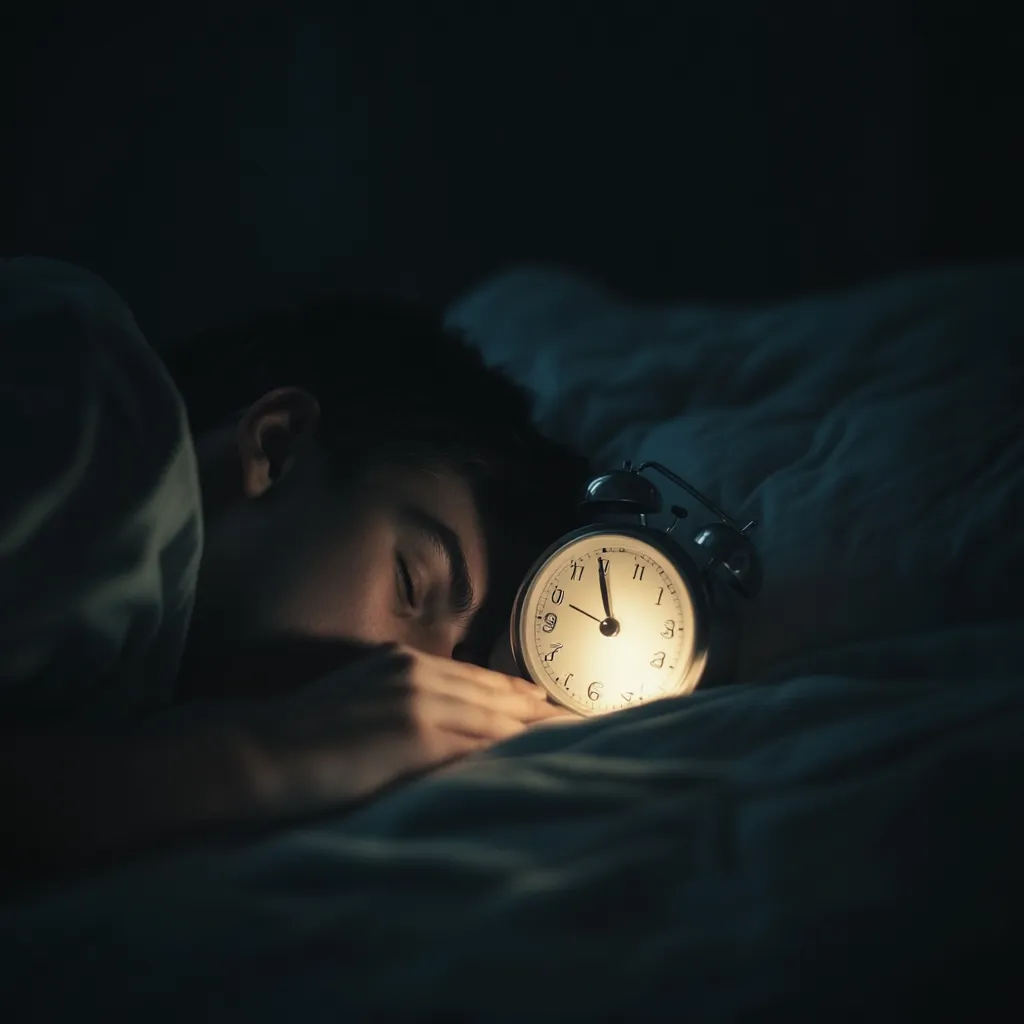On Making Hard Choices
Yesterday, I had to attend an optional meeting at 1:30 a.m. Some time back, I had decided that I should meet more people and exchange ideas. Working remotely disconnects you from people, and at some point, you realize your network has shrunk, and the bar of excellence has reduced. This meeting was a step toward meeting more people. I was looking forward to it and had set up an alarm for 1:00 am so that I can prepare for the meeting.
But when the alarm rang at 1 am, I was very sleepy. I snoozed it at first, thinking I would get up after 5 minutes and then prepare for the meeting. Then, when it rang again, I snoozed it, thinking that I did not need to prepare and could directly attend the meeting ( this violated my principle that I should always go prepared for a meeting). When it finally rang a third time, I put it off, saying that I would give my comments on slack the next day, I am too sleepy. I had consistently made the easy choice rather than the hard one. This was for a meeting which I wanted to attend for my benefit. I carried the guilt of not waking up at night and did not go for my morning walk the next day. I think subconsciously, I wanted to justify that I was tired and, even in the morning, pushed off the alarm until it was too late to go for a walk.
Hard choices require discipline, internal motivation, and a strong drive. One has to be a slight masochist to make them. One has to believe in the reason deeply to commit to making the hard choices. The results are not immediate. The process is grueling, and the comfort option is alluring. But if one has to make one's tomorrow better than one's today, the only way to do it is to be disciplined by making hard choices. It comes down to internal drive and how badly we want to change our circumstances. The internal dialogue and one’s conviction is the most important part. If the internal dialogue and reasons are not strong, one would always make the easy choices.
Making easy choices has a cascading effect of falling into mediocrity. It starts small, with a minor infraction—that one cheat meal you had, the snooze you pressed for five minutes, or the reading you put off. At first, your life does not change, and you enjoy a little comfort. Then, the snooze increases from 5 to 10 to 15, and you eventually stop setting the alarm. After a few months, you realize that you cannot achieve your goals without discipline and routine. Mediocrity has a way of sneaking up on you.
The only way to overcome this is to have a strong internal dialogue. It should be so strong that you want the goal more than comfort. One should visualize mediocrity and whether one would like to live that ordinary life. Sometimes, running away from something is more powerful than running toward something.
Make hard choices - they have a way of making your tomorrow better.
PS—Regarding my meeting, I didn't know it was rescheduled to a later date while I was sleeping. I carried the guilt the whole night, only to find out that I could have slept peacefully if only I had woken up to check the calendar. An easy choice wrecked me with guilt. I have a second chance, and I hope not to rot it away.

